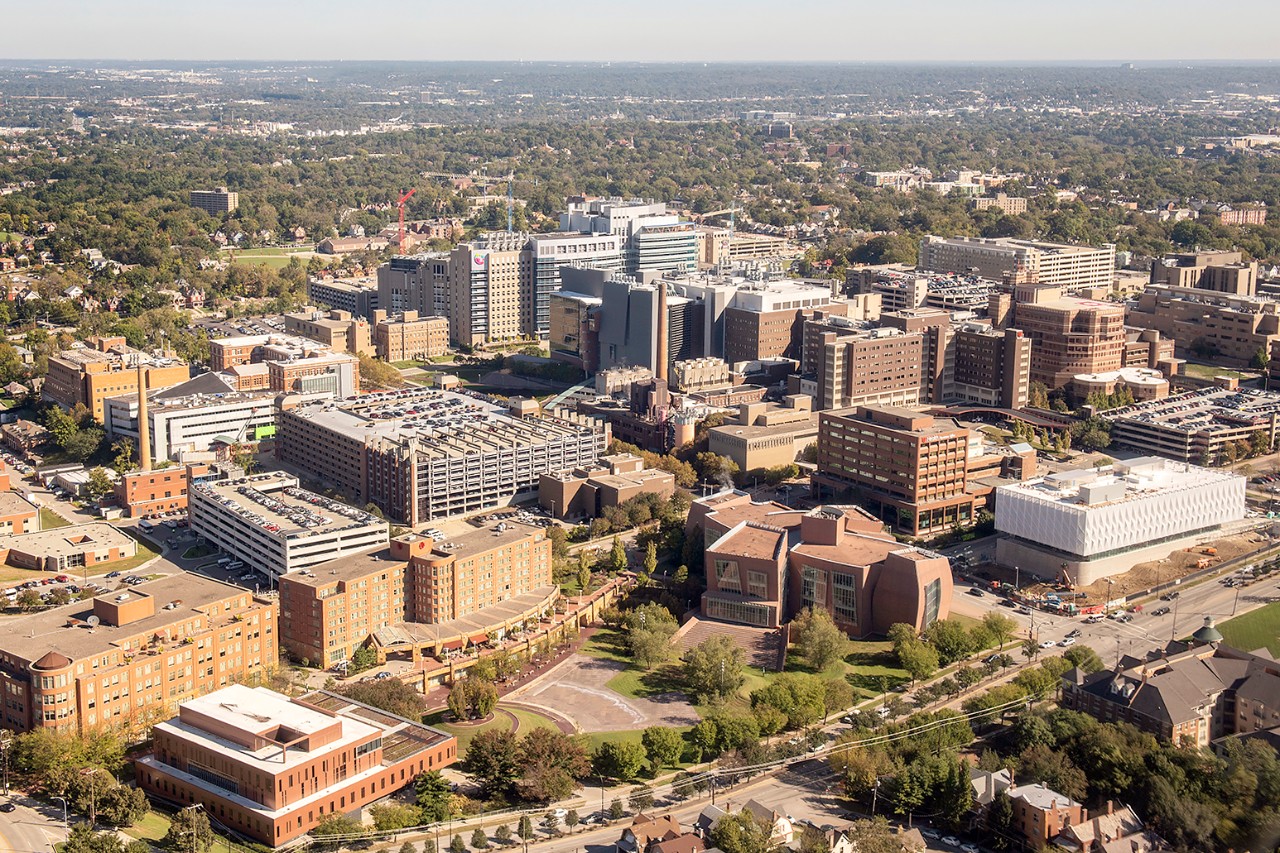
U.S. News & World Report: Lectin-free diets
Registered Dietitian Mary Johnson weighs in on a lectin-free diet for vegans and vegetarians.
In 2017, "The Plant Paradox: The Hidden Dangers in 'Healthy' Foods That Cause Disease and Weight Gain" by Dr. Steven Gundry was published. The book promotes the idea that many foods widely believed to be good for you are actually toxic because they contain lectins. Lectins are plant-based proteins that are designed to protect many foods – such as fruits, vegetables and seeds – from predators like insects and other animals, as well as from humans. Gundry propounds that lectins are associated with toxic reactions because they bind to carbohydrates, particularly sugars, in the body, and can block messaging between cells. Lectins, as the theory goes, are associated with an array of health issues, like inflammation, ichronic fatigue and digestive problems.
Many experts, on the other hand, say there is little or no evidence for the assertion that lectins are associated with widespread health problems.
Many foods that are prohibited by a lectin-free diet are actually good for vegetarians and vegans, says Mary E. Johnson, a registered dietitian at UC Health, the University of Cincinnati's affiliated health system. Fruits, vegetables, whole grains and legumes are rich in fiber, which aids in weight management and helps control blood glucose levels to ward off diabetes, she says. The nutrients founds in these foods are also protective against cancer and good for heart health, Johnson says.
"Foods that are eliminated with this diet are foods I encourage people to eat unless they have food allergies or food sensitivities," she says. In her practice, Johnson focuses on using food therapeutically and encourages patients to consume mostly plant-based diets with lean proteins. Prohibiting foods with lectins would leave patients with few nutritious options, she says.
Tags
Related Stories
Cincinnati Enquirer: Behind the ventilator, specialists provide breaths for COVID-19 patients
April 21, 2020
Suzanne Bennett, MD, associate professor in the UC College of Medicine and UC Health anesthesiologist and critical care physician, spoke to the Cincinnati Enquirer for a story about ventilators, their operators and their roles in the COVID-19 pandemic. She said the respiratory therapists can be the lifesavers for some COVID-19 patients.
